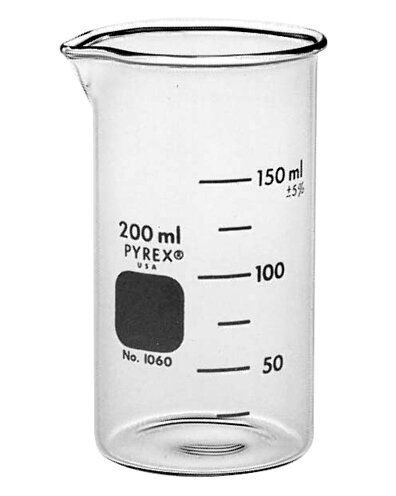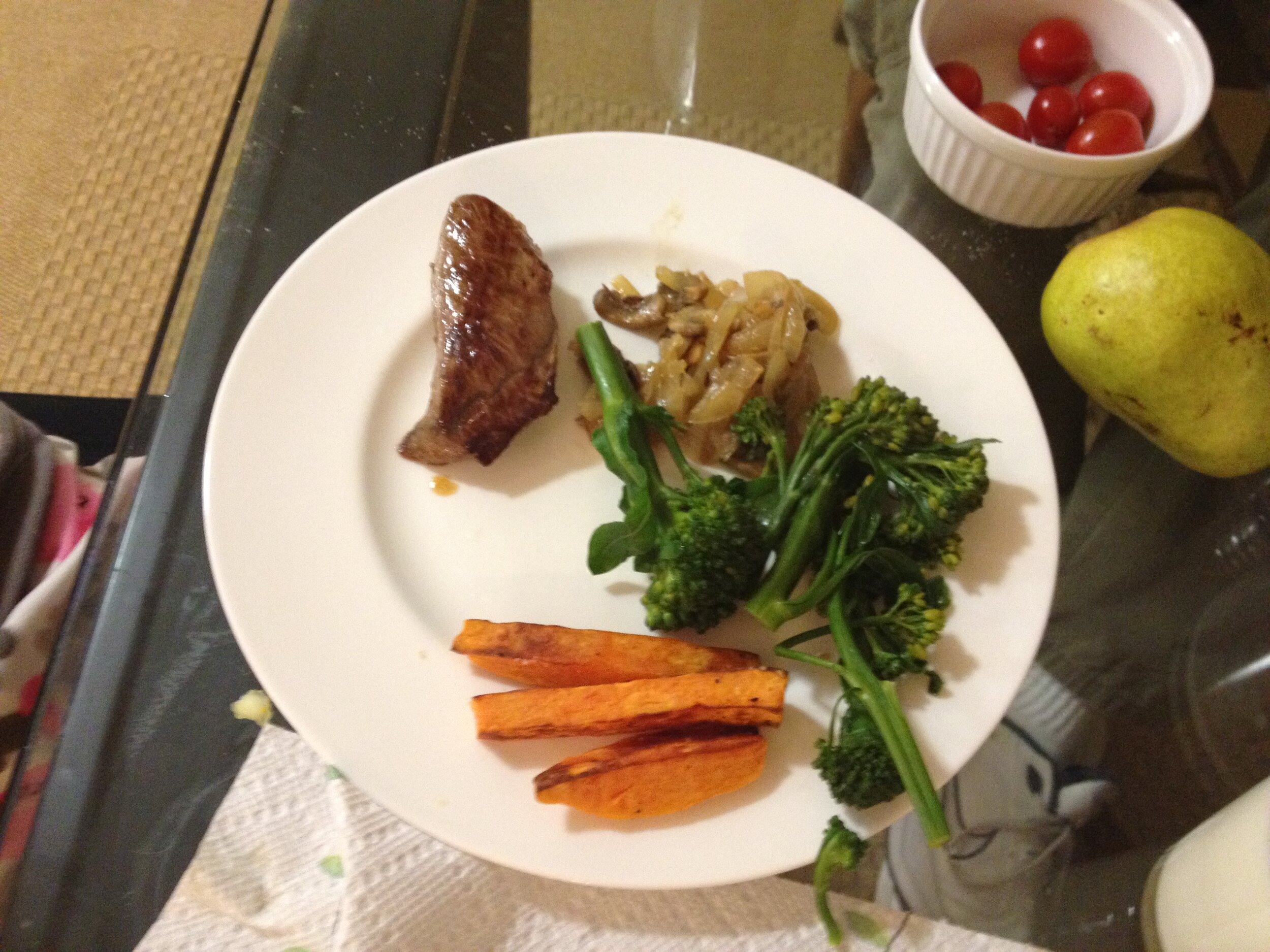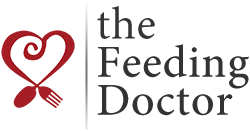portion minimums or maximums undermine healthy feeding
 I was giving a workshop on starting solids recently when two moms asked a similar question. "The doctor said my son has to drink X ounces of milk a day, and it's so hard. If he hasn't finished his pre-measured sippy cups, I end up chasing him around for an hour before bed time trying to get him to drink it." A recent house-call revealed a similar scenario where minimum amount recommendations invited pressure into feeding. The parents were told by the pediatrician that the child had to eat X Tablespoons or fortified cereal every day, and Mom shared that she was anxious about getting it in, which led her to push her daughter with her early eating and battles and tears at the table. (Note, the baby was enjoying both breast-milk and formula, with the formula containing enough iron for minimums.) Another mother, on leaving the hospital with her newborn was told to feed a minimum number of ounces of breast milk a day, "Do whatever you have to to get food into that baby!" All of these absolute amounts encourage parents to freak out when the child eats less or more than recommended— inviting doubt and hyper-vigilance into the feeding relationship. (If you have a spreadsheet accounting for every ounce, it will be more likely to make you crazy than help you feed well.)
I was giving a workshop on starting solids recently when two moms asked a similar question. "The doctor said my son has to drink X ounces of milk a day, and it's so hard. If he hasn't finished his pre-measured sippy cups, I end up chasing him around for an hour before bed time trying to get him to drink it." A recent house-call revealed a similar scenario where minimum amount recommendations invited pressure into feeding. The parents were told by the pediatrician that the child had to eat X Tablespoons or fortified cereal every day, and Mom shared that she was anxious about getting it in, which led her to push her daughter with her early eating and battles and tears at the table. (Note, the baby was enjoying both breast-milk and formula, with the formula containing enough iron for minimums.) Another mother, on leaving the hospital with her newborn was told to feed a minimum number of ounces of breast milk a day, "Do whatever you have to to get food into that baby!" All of these absolute amounts encourage parents to freak out when the child eats less or more than recommended— inviting doubt and hyper-vigilance into the feeding relationship. (If you have a spreadsheet accounting for every ounce, it will be more likely to make you crazy than help you feed well.)
Quantity absolutes are harmful to tuned-in feeding.
If you're told your infant HAS to eat X amount of rice cereal a day, or MUST drink Y ounces of milk every day, or ingest X Tablespoons of vegetables, and you're anxious and fighting to get to that mark, it's not helping. (Same is true if your child wants to eat more and you are strictly limited to a maximum amount, as several of my clients have been directed to do, which led to increased anxiety and frantic eating over the months...) I know when my daughter was little there were meals where she ate many multiples of the "recommended" amount of banana for example. I remember getting anxious when she'd eat 1 1/2 bananas, when she was "supposed" to eat 1/4! Luckily I had learned enough to recognize my anxiety and skip the portion section, but it was still hard to reassure myself that she could be trusted. Similarly, parents of children with small appetites who may do fine on 2-3 bites of banana panic because their children aren't eating that quarter banana!!Recommended ranges are far more helpful. Some days it might be less, some days more, some days none at all. Larger babies, smaller babies, babies with different appetites will eat and enjoy more or less, with a large range from one day or week to the next. Follow your child's lead, not a portion chart, or a feeding app that tells you to get two more bites in, or a rainbow chart that admonishes you if you missed orange and yellow for the day, in spite of a lovely intake of red, orange and green.
 What? No purple or yellow!!??This is a plate a child served herself, no pressure, portions, or goading.
What? No purple or yellow!!??This is a plate a child served herself, no pressure, portions, or goading.
A child who is small and healthy may drink and need less milk than a child who is large and healthy. A child with a large appetite (who may be small) will eat or drink more than a child with a small appetite. (A child with lactose intolerance may not feel good when she drinks more than a cup or so of milk, or any at all.) It's silly to make a blanket statement, or give exact calorie counts (link is worth the read...) or portions of fat by the 1/4 teaspoon—as if the child was a chemistry experiment where we could control every factor. But doctors and dietitians make these recommendations to my clients all the time. Absolutes lead to pressure around eating to get to that golden number, which leads to resistance and weight dysregulation.If you find yourself working hard to "get" food in, or limit intake, step back, learn more, ask yourself if it's working and how it feels. You shouldn't have to work so hard.As one mom shared in my book:“One day my toddler ate apples for breakfast, sour cream and chives for lunch, brown rice with tamari for snack, and roasted chicken for dinner. It was wild. But after three years of this, I know I can relax because she knows what she needs. Her preschool teacher tells me she is the best example of mindful eating she has ever seen. Take that, USDA food pyramid or plate or whatever you are these days!” — Hillary, mother of a two-and-a-half-year-old
What do you think? What helps you trust your child's intake, what has undermined it? Join the discussion on Facebook!
